Indiana University East is pleased to welcome its newest faculty in the School of Humanities and Social Sciences.
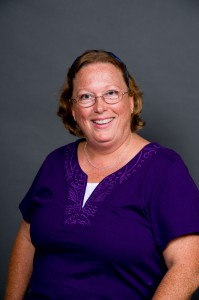
Melissa Blankenship, visiting lecturer in English, received her Master of Fine Arts in Creative Non-Fiction from Murray State University and her Bachelor of Fine Arts in English with a Creative Writing minor from Indiana University East.
Previously, Blankenship was a teaching assistant and an adjunct instructor of English at IU East. She was also an instructor of English at Ivy Tech Community College. As an undergraduate, Blankenship was part of the IU East Honors Program and was named the 2008 IU East Naomi Osborne Scholar, awarded to the graduating senior with the highest grade point average, and she graduated with Highest Distinction. In 2007, she received a Summer Research Scholarship.
Blankenship has most recently published articles in Pressing News, Pressing Irons and Trivet Collectors of America, and The Trivet Collectors Network. She has presented at the Northeast Popular Culture Association Conference, and the 19th Undergraduate Intercampus Women’s/Gender Studies Conference.
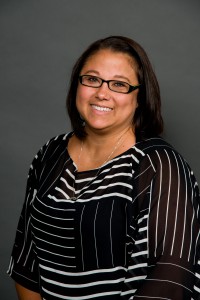
Shay Clamme, lecturer in criminal justice, received her Master of Public Administration with a Concentration in Criminal Justice and Criminology and her Bachelor of Science in Legal Studies with a Minor in Political Science and Criminal Justice from Ball State University.
Prior to joining IU East, Clamme was a program assistant at Indiana Wesleyan University. Formerly, she was a college program advisor and an instructor at Harrison College. She has also been an instructor at Ivy Tech Community College in Marion, Ind.
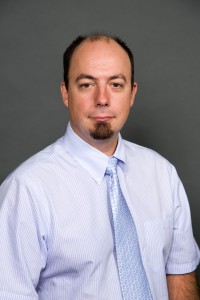
Gregory Dam, lecturer in psychology, received his Ph.D. in Neuroscience from Northwestern University where he also completed his Master of Arts in Learning Sciences and a Graduate Specialization in Cognitive Science. He received his Bachelor of Science in Chemistry from Sacred Heart University, located in Fairfield, Conn.
Previoulsy, Dam was an adjunct instructor at Ohio Dominican University. Formerly, he worked at the University of Rio Grande as a psychology instructor, an NIH IRACDA Postdoctoral Fellow and a psychology instructor at Northeastern Illinois University.
He has published articles in PLoS One, Cognitive Science, Complexity, and Behavior Research Methods. He has presented at national conferences including the American Psychology Association Annual Convention most recently. His research interests are learning in biological and artificial systems.
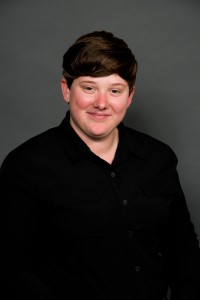
Amanda Kraha, lecturer in psychology, received her Ph.D. in Experimental Psychology from the University of North Texas and her Bachelor of Arts in Psychology and Sociology from Arkansas Tech University.
Previously, Kraha was a visiting lecturer at the University of Houston-Clear Lake. Formerly, she was a research consultant at the University of North Texas in the College of Information. She also worked as a research analyst for Elite Research, LLC, in Carrollton, Texas, and as a research participation pool coordinator for the University of North Texas Department of Psychology.
She has published articles in several publications including New School Psychology Bulletin, Memory, Stress and Health, Frontiers in Psychology, and a chapter in the book Causes, Symptoms, and Treatment. She has presented her papers at national and international conferences, including at the American Psychological Association.
In 2012, Kraha received an Academic Research Grant from Lafayette College and a Small Grant Program and Graduate Student Research Support and Fellowship Program awards in 2011 from the University of North Texas.
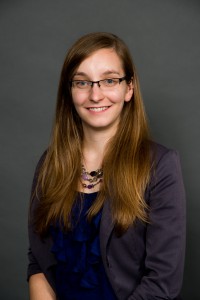
Eevett Loshek, lecturer in psychology, received her Master in Arts in Experimental Psychology from the University of North Dakota and her Bachelor of Arts in Psychology and Anthropology from the University of Wisconsin LaCrosse. She received her Ph.D. in Experimental Psychology from the University of North Dakota.
Previously, Loshek was an instructor and a lab instructor at the University of North Dakota while completing her doctorate degree.
Loshek’s research interests include women’s sexual assertiveness as it relates to gender and aging, attitudes on homophobia, and evolutionary psychology related to gender and feminism. She has published an article in Behavior Analyst Today and recently had an article accepted for publication in the Journal of Sex Research. She has had poster presentations at the Society for Personality and Social Psychology Conference, Midwestern Psychological Association Conference, and the Northern Lights Conference.
She is a current member of the Society for Personality and Social Psychology and the American Psychology Association.

Katherine Miller, assistant professor of anthropology, received her Master of Arts in Anthropology from Arizona State University and her Bachelor of Arts in Anthropology and a Minor in Religious Studies from Indiana University. She is a candidate for her Ph.D. in Anthropology from Arizona State University. Previously, Miller was a visiting lecturer at Universidad Nacional Autonoma de Honduras. Formerly, she was adjunct instructor at Kingsborough Community College, an instructor at Arizona State University, and an adjunct instructor at Mesa Community College.
Miller’s research interests include social organization, kinship, identity, household archaeology, human osteology, odontometry, biogeochemistry, cultural body modifications and Mesoamerican bioarchaeology.
Most recently, she received a Doctoral Dissertation Improvement Grant from the National Science Foundation for 2012-2014, among several other travel and research grants, honors and awards.
She has published an article in Yearbook Journal of Anthropological Archeology as well as manuscripts in American Anthropologist and the Journal of Anthropological Archeology.
Miller has presented at conferences nationally including the Annual American Anthropological Association Meeting and lectured nationally and internationally at universities and conferences. She is a current member of the American Association of Physical Anthropology, American Association of Anthropologists, American Chemical Society and the Society of America Archeology.

